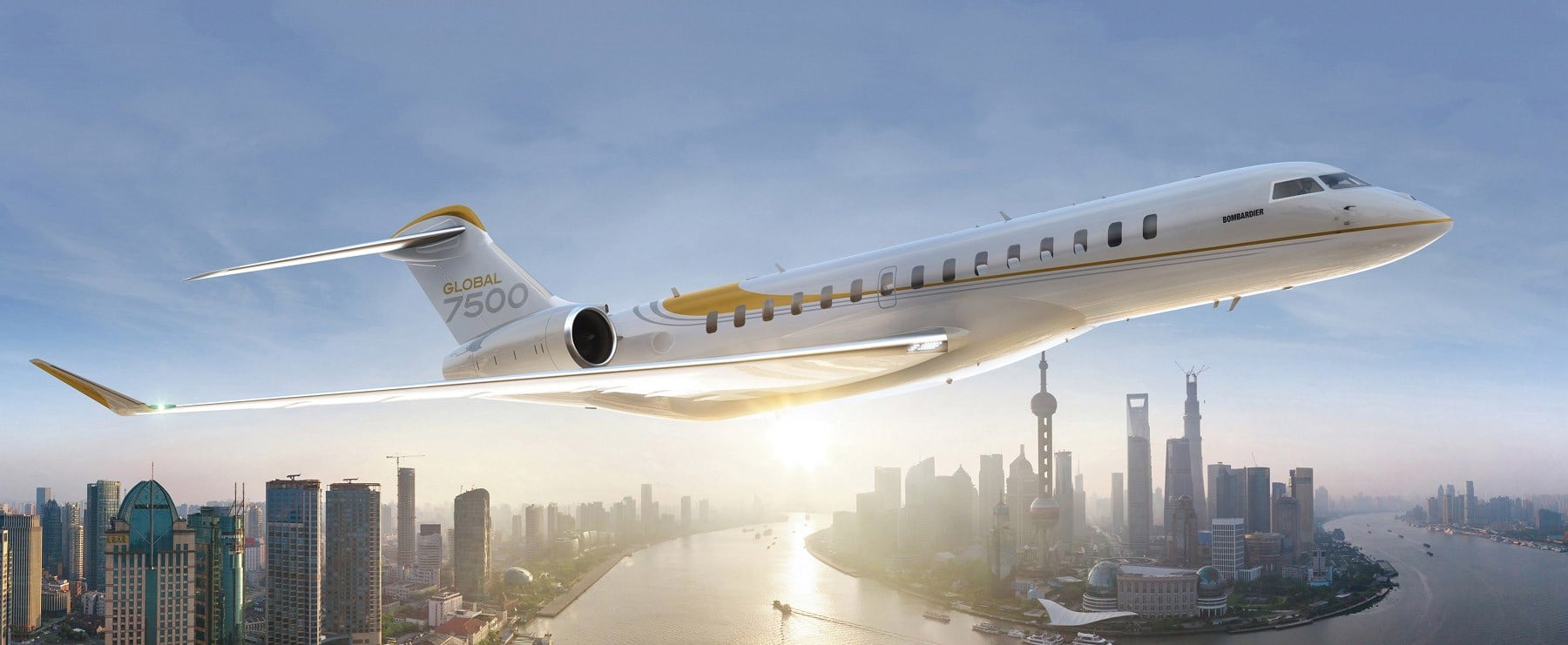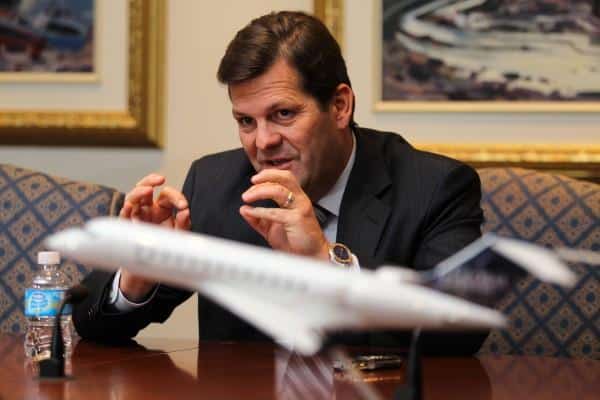Bombardier Stock Class A: Buy, Sell, or Hold?

Fans of Canadian transport company Bombardier have been dealing with a lot of drama in recent years, as the company has gone through a number of divestiture rounds to help pay off debt and streamline operations. Once a big player in aerospace and trains, Quebec’s Bombardier more recently has pared itself down to one line of work: business jets.
And while the stock is nowhere where it used to be, investors who bought at the right time have made out like bandits over the past year, as BBD has more than tripled off its lows of 12 months ago.
Bombardier has a number of classes of shares, with BBD Class B and BBD Class A being most prominent.
What’s the difference?
Like other companies, having more than one class of shares allows for certain individuals (most often founders and families) to maintain control of the company by holding onto the lion’s share of voting rights while at the same time giving average investors the opportunity to own a piece of the company.
In Bombardier’s case, the Class A shares hold about 62 per cent of the voting rights and about 38 per cent are in the Class B shares. The Bombardier and Beaudoin family own a little over 50 per cent of the voting stake in the company through owning about 80 per cent of the Class A multiple voting shares. Class A shares carry ten votes to Class B shares’ one vote each.
Over the years, Bombardier’s business moves have faced hefty criticism, not in the least due to public investment dollars poured into the company from both the Province of Quebec and Canada’s federal government. Yet the Bombardier and Beaudoin families have kept control of the company’s direction, due to their majority voting share position.
Bombardier Class A (Bombardier Class A Stock Quote, Charts, News, Analysts, Financials TSX:BBD.A) shares trade on the Toronto Stock Exchange. Over the past 12 months, the stock has risen 127 per cent, while year-to-date BBD-A is up 23 per cent.
Bombardier last reported its quarterly earnings in April, where the company’s first quarter 2023 featured revenue up 17 per cent year-over-year to $1.5 billion and adjusted EBITDA up 27 per cent to $212 million. Adjusted EPS was $1.06 per share.
Management said the company was on track to deliver more than 138 planes this year and that it ended the Q1 with a stable backlog at $14.8 billion.
“Our robust performance adds to our extremely positive track record from the past two years and confirms we are on the right trajectory,” said President and CEO Éric Martel in a press release.
“With a very healthy, positive adjusted net income, further debt reduction, continued margin expansion, and ramped up production to reach our guidance of more than 138 deliveries this year, we are forging ahead towards the upgraded 2025 targets we presented during our Investor Day last month,” he said.

Staff
Writer

